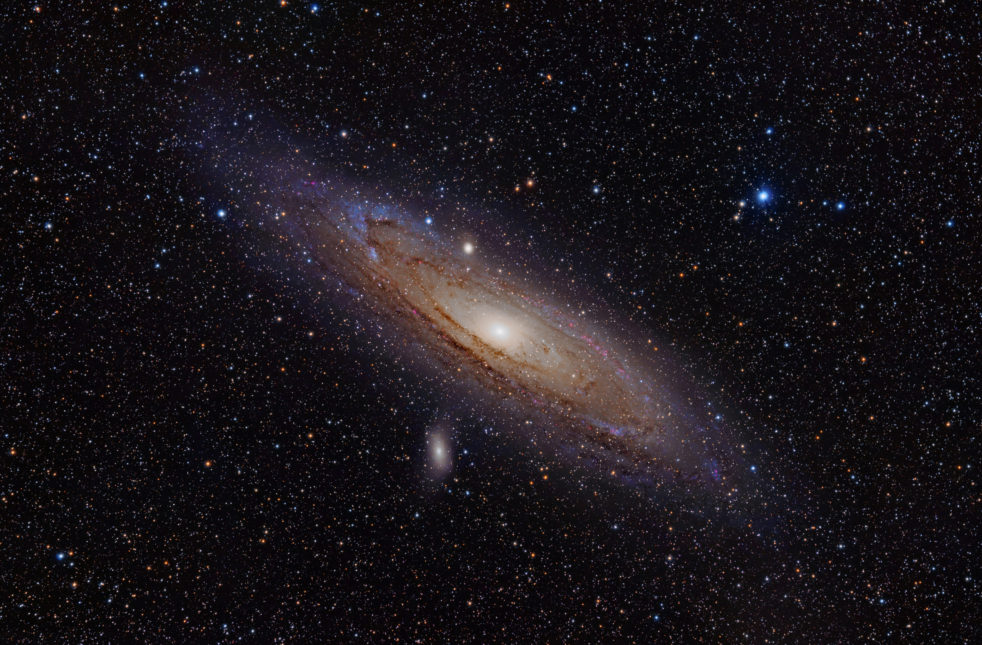World Science Festival 2019
Wiki: World Science Festival Space.com: “Science As a Full Body Experience: Brian Greene On 2019 World Science Festival — The festival runs from May 22 to June 2 in New York City” by Doris Elin Salazar (May 22, 2019). Greene: Yeah, it is a really quite broad audience. The goal is to make the programs… Continue reading World Science Festival 2019

